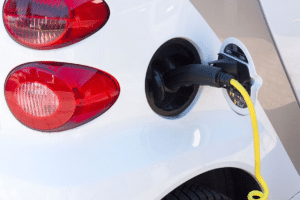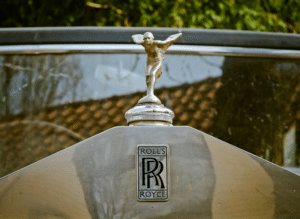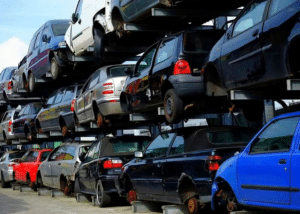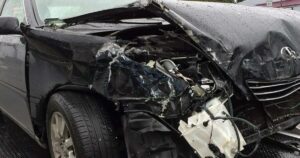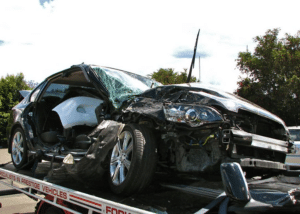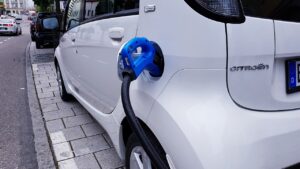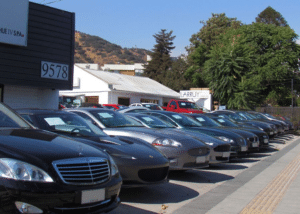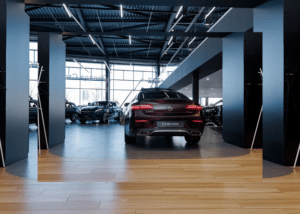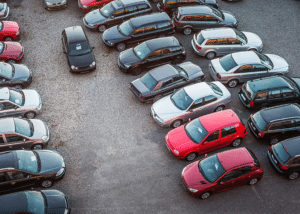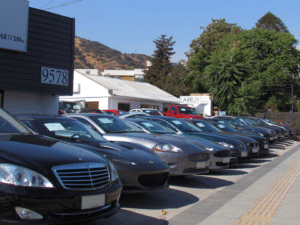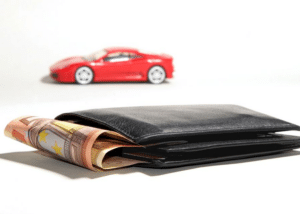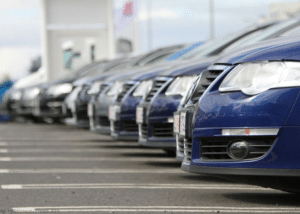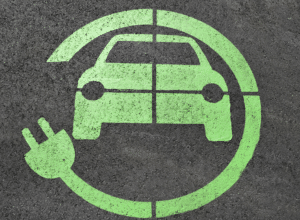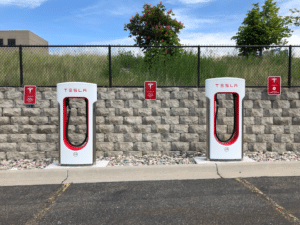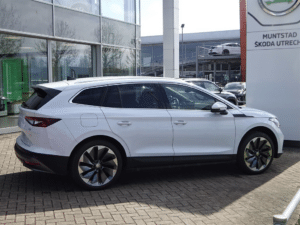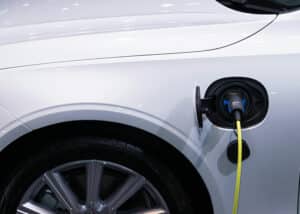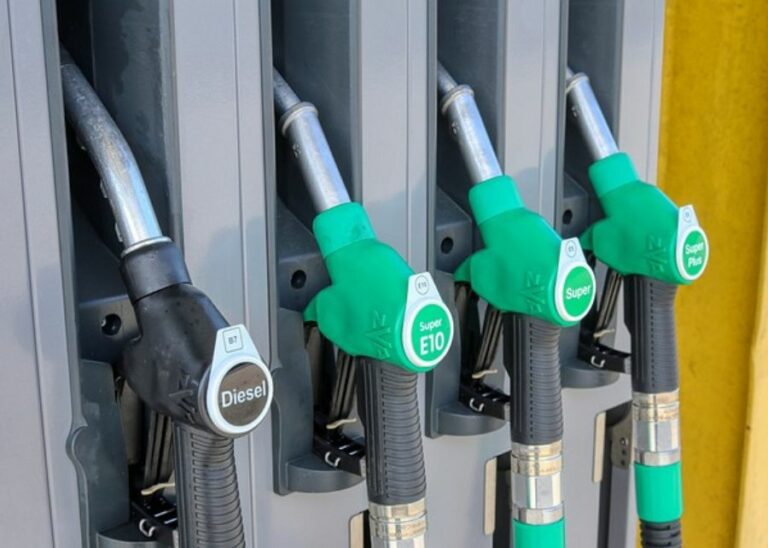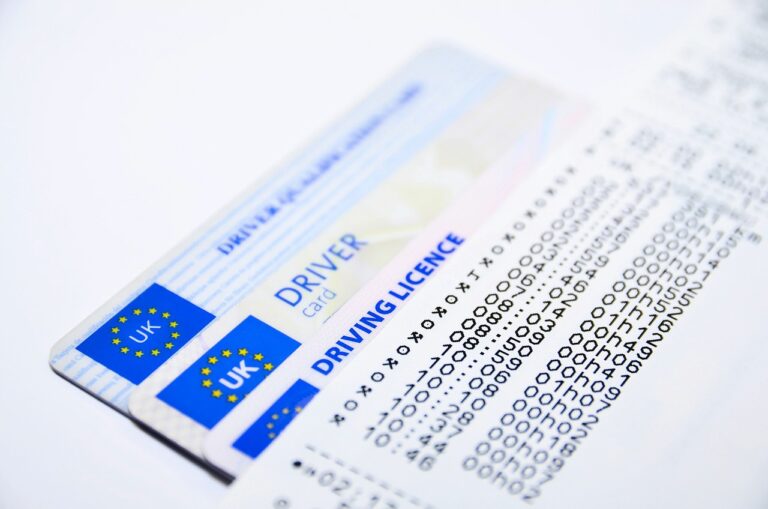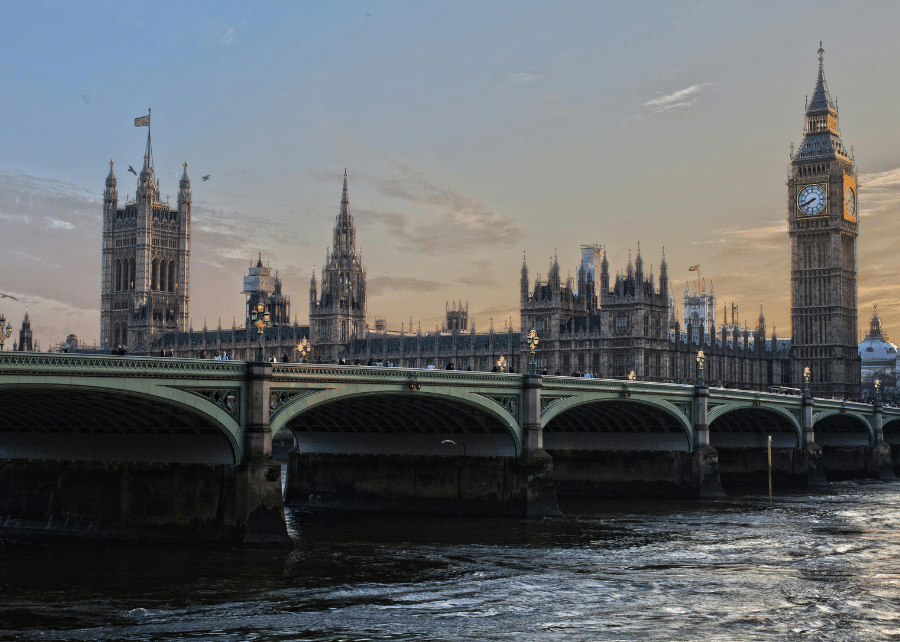
Lets take a look at some of those unusual strategies:
- Price Cuts: Many manufacturers are slashing prices to make EVs more attractive to buyers.
- Motability Schemes: Some brands are utilizing schemes like Motability to boost their EV sales numbers For instance, the scheme provides support with charging, including covering the cost of a home chargepoint and offering subscriptions to public chargepoint networks.
- Dealer Demonstrators: Increasing the number of dealer demonstrator vehicles to count towards sales targets. By having more demonstrator vehicles available, dealerships can offer potential customers the opportunity to test drive and experience the latest models, including EVs.
These tactics are a response to the significant fines for not meeting the targets, which can be as high as £15,000 per petrol or diesel car sold.
It’s a challenging situation for car makers, but it’s also driving innovation and pushing the industry towards a greener future.
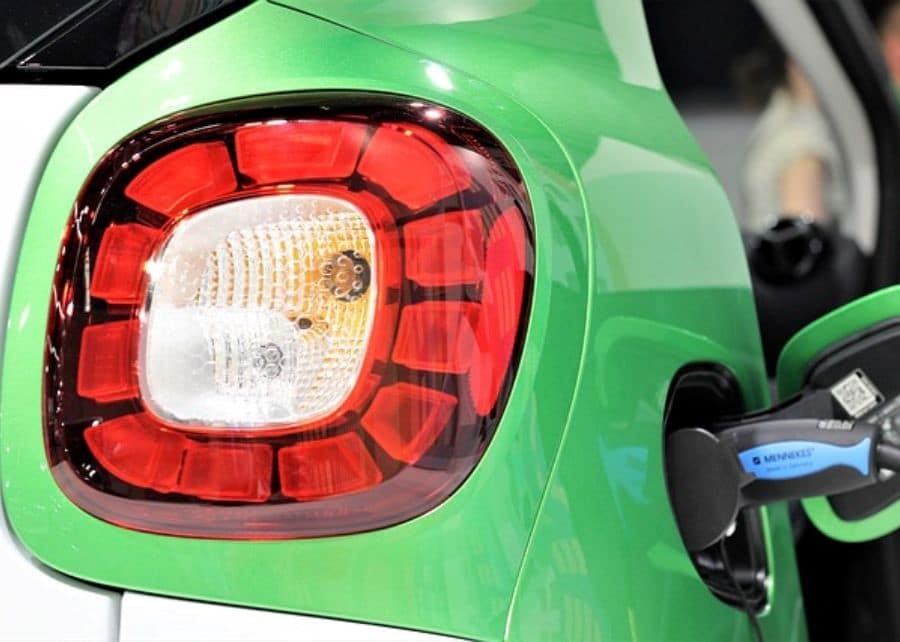
Several major car brands are struggling to meet the UK’s Zero Emission Vehicle (ZEV) mandate requirements, which demand that 22% of this year’s sales be zero-emission models.
These are just some of the brands facing challenges and the reasons behind their struggles, according to AutoCar:
- Volkswagen (VW): Despite having a comprehensive EV strategy and a wide range of electric models, VW’s EV sales have halved this year compared to last year. This decline is partly due to increased demand for their combustion-engine models.
- Renault: Known for pioneering EVs with models like the Zoe, Renault’s EV sales have dropped to just 7.6% in the first half of the year. The brand is currently in a transition phase, preparing new models and ramping up production.
- Land Rover: With no EVs currently in its lineup, Land Rover is heavily reliant on plug-in hybrids to meet its targets. The wider Jaguar Land Rover group is leveraging Jaguar’s EV sales to help meet the mandate.
- Ford: Ford is considering restricting the availability of new petrol models in the UK to artificially boost its EV sales share.
- Toyota: Like other brands, Toyota is also lagging behind in meeting the ZEV mandate targets.
These brands are employing various tactics to try and meet the targets, including price cuts, increasing the number of dealer demonstrators, and leveraging hybrid sales to offset their EV shortfalls.
Given that we’re halfway through the year, and with many manufacturers saying they’re ‘not anywhere near the targets’, is this the right way to go about it? What are your thoughts on automotive brands are having to resort to increasingly drastic methods of market manipulation to inflate their EV numbers?



















